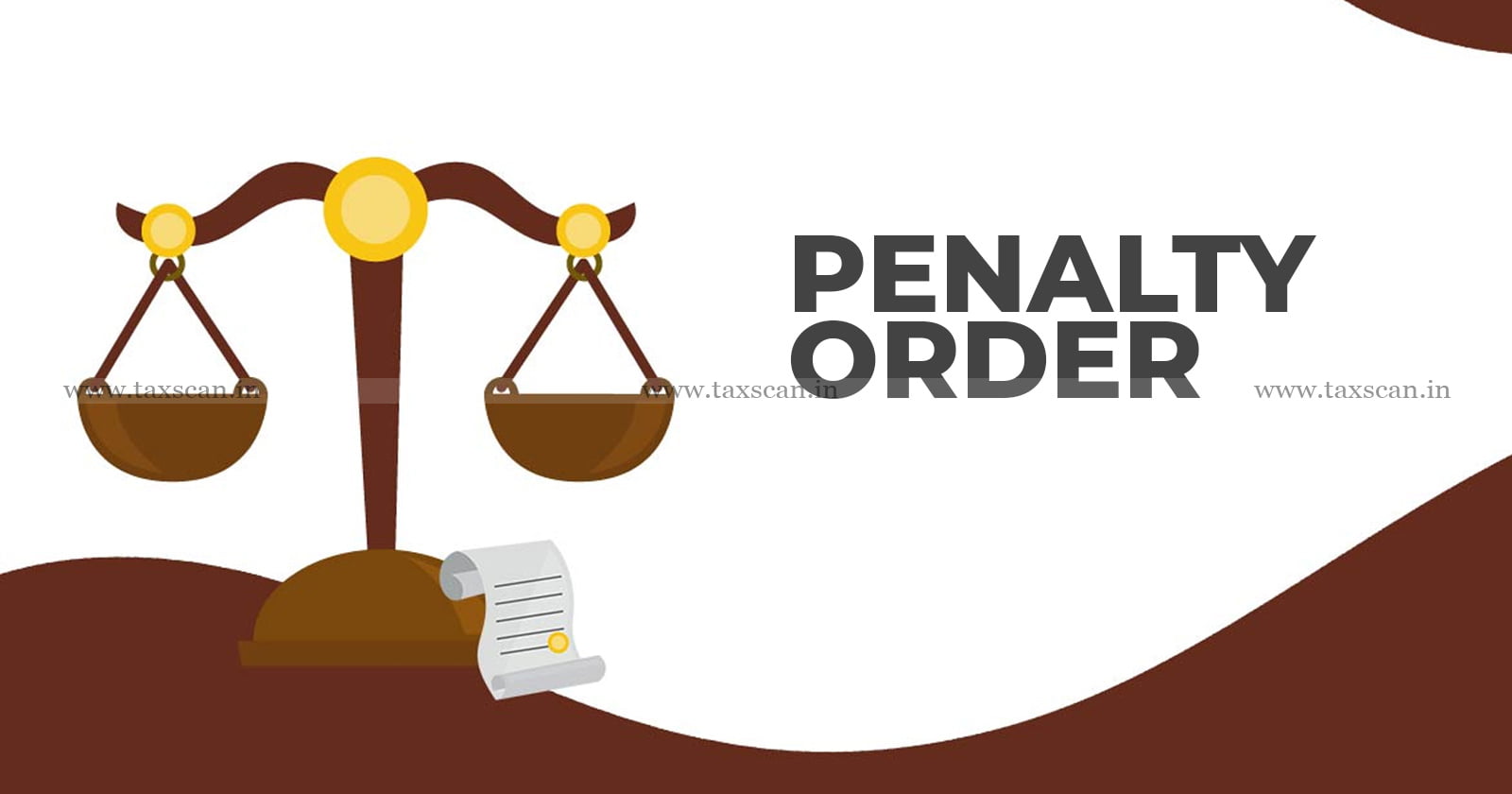AO’s failure to Record Reasons for Subjective Satisfaction u/s 271 E: Madras HC sets aside Penalty Order [Read Order]
In a recent judgement, the Assessing Officer had failed to document the reasons for arriving at a subjective satisfaction necessary to initiate penalty proceedings under Section 271E of the Act.

HC penalty – AO failure – Madras HC – Madras HC- penalty order -Taxscan
HC penalty – AO failure – Madras HC – Madras HC- penalty order -Taxscan
The Madras High Court set aside the penalty order under Section 271E of the Income Tax Act, 1961, due to the Assessing Officer's failure to record reasons for subjective satisfaction.
The petitioner has filed writ petitions challenging the orders issued by the 1st Respondent under Section 271D of the Income Tax Act, 1961, dated April 29, 2024.
Mr. A.S. Sriraman, representing the petitioner, argued that the initial assessment proceedings were initiated against the petitioner on September 29, 2021. These proceedings were subsequently dropped under Section 270-A of the Income Tax Act. However, for the same assessment period, show cause notices were reissued on April 22, 2024.
Get a Copy of Income Tax Rules, Click here
The petitioner’s response was submitted on April 26, 2024. Despite this, the 1st Respondent issued the impugned orders without considering the petitioner’s reply, thus violating principles of natural justice. Mr. Sriraman further contended that the Assessing Officer had not recorded his satisfaction regarding the imposition of the penalty, rendering the orders subject to be set aside.
On the other hand, Mr. A.N.R. Jayaprathap, representing the respondents, did not dispute the petitioner’s submissions and sought appropriate orders from the Court.
Get a Copy of Income Tax Rules, Click here
The Court, led by Justice Krishnan Ramaswamy, carefully reviewed the submissions and the record. It was noted that the Assessment Officer had failed to document the reasons for arriving at a subjective satisfaction necessary to initiate penalty proceedings under Section 271E of the Income Tax Act. This omission was deemed mandatory and a violation of procedural requirements.
Considering the facts and the arguments presented, the Court determined that the impugned orders should be set aside. The matter was remanded to the 1st respondent, who is directed to issue a detailed, reasoned order, documenting the satisfaction for the penalty under Section 271D and addressing the petitioner’s reply and objections. The 1st Respondent is also instructed to provide an opportunity for a personal hearing. The writ petitions are thus disposed of, with no order as to costs. The connected miscellaneous petitions are also closed.
To Read the full text of the Order CLICK HERE
Support our journalism by subscribing to Taxscan premium. Follow us on Telegram for quick updates


